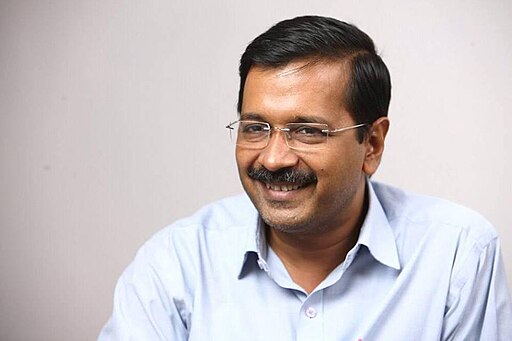Delhi court rejects the enforcement directorate’s request for a 48-hour stay on the bail order for the Delhi Chief Minister
On June 20, a Delhi court granted bail to Chief Minister Arvind Kejriwal, who had been arrested by the Enforcement Directorate (ED) in connection with a money laundering case tied to the now-defunct Delhi Excise policy of 2021-22. The decision came from Vacation Judge Niyay Bindu at Rouse Avenue Court after extensive hearings involving Mr. Kejriwal and the ED. The judge dictated the bail order in an open court session that evening. The detailed court order is still pending.
The ED had requested a 48-hour stay on the bail order, which the court declined. This means Mr. Kejriwal can resume his duties as Chief Minister without delay. The case has drawn significant attention due to its political implications and the high-profile nature of the individuals involved.
Embed from Getty ImagesAnalysis:
Political: Arvind Kejriwal’s bail is a significant development in Delhi’s political landscape. His arrest had sparked debates on the use of enforcement agencies in political battles. The court’s decision to grant bail, despite the ED’s objections, suggests judicial independence and could bolster Kejriwal’s position within his party and among his supporters. This case may also impact the future dynamics between the Delhi government and central agencies.
Social: The arrest and subsequent bail of Kejriwal have triggered varied reactions across society. His supporters see this as a vindication of his stance against alleged political vendettas, while critics argue it highlights issues within the excise policy. Public perception of Kejriwal’s governance and integrity could be influenced by how this case unfolds and is portrayed in the media.
Racial: While the case itself does not directly touch on racial issues, the broader implications of law enforcement and judicial processes do have a societal impact. Ensuring fair treatment across all demographics in high-profile cases is crucial for maintaining public trust in legal institutions.
Gender: Gender dynamics may not be directly relevant in this case. However, the way male and female politicians are treated by the judicial system and enforcement agencies is always a topic of interest. Observing how female leaders and activists respond to this case could provide insights into gender perceptions within political accountability.
Economical: The scrapped Delhi Excise policy, central to this case, had significant economic ramifications. Allegations of corruption and money laundering suggest financial mismanagement that can undermine public trust in government operations. The resolution of this case will likely influence future economic policies and governance strategies in Delhi. Ensuring transparency and accountability in public policies remains crucial for economic stability and growth.
